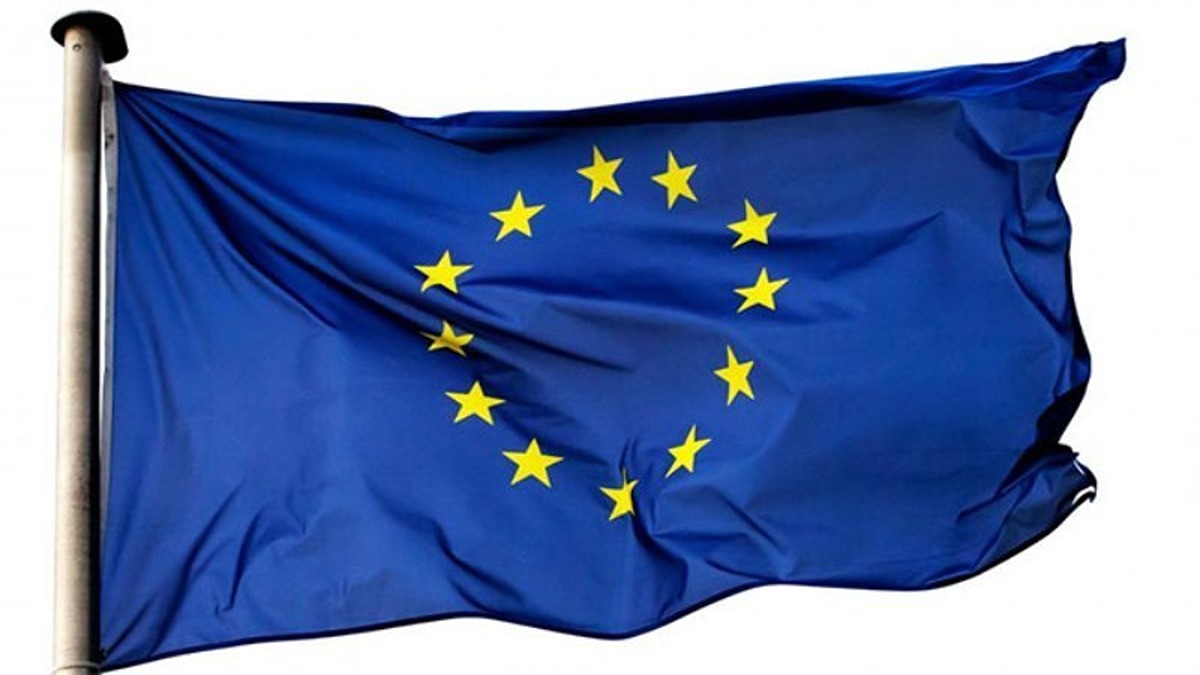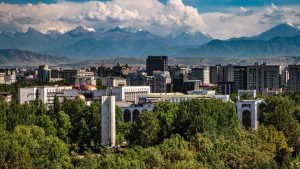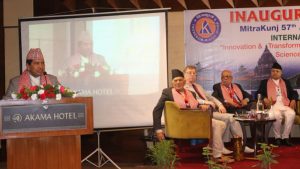
EU Supports Nepal’s Agriculture and School Development with 16.7 Million Euro Grant

The European Union (EU) has pledged substantial financial support to Nepal, granting 12 million euros to aid the country’s agriculture and rural development initiatives, along with an additional 4.7 million euros for the development of the school sector.
Since 2019, the EU has actively contributed to Nepal’s agriculture sector development program, providing a total of 36 million euros. Similarly, since 2016, the EU has been a key partner in the school sector development program, contributing a significant sum of 81 million euros.
EU Ambassador Nona Deprez expressed her appreciation for the achievements made by Nepalese authorities in these sectors since the implementation of the Agriculture Development Strategy in 2015 and the School Sector Development Programme in 2016. She emphasized the pivotal role played by both sectors in overcoming the challenges posed by the Covid-19 pandemic. The EU remains committed to supporting Nepal directly through its treasury, working hand in hand with the country to prioritize agriculture and education.
The EU lauded Nepal’s School Sector Development Programme for successfully addressing educational accessibility issues, despite the parallel challenges of transitioning to the new federal system and navigating the Covid-19 crisis. The program has been effective in minimizing learning losses and improving secondary grade retention rates, particularly for girls. Moving forward, the School Education Sector Plan, implemented with support from the European Union and Finland in a Team Europe approach, will further enhance the provision of inclusive and high-quality education for all.
The agriculture sector has played a crucial role in stabilizing Nepal’s economy during and after the Covid-19 pandemic by creating and maintaining employment opportunities. The consistent growth of the country’s Gross Domestic Product from agriculture can be attributed to the government’s increased budget allocations to the sector.
With the assistance of an EU-funded technical assistance team, the Ministry of Agriculture and Livestock Development has successfully rolled out the Agriculture Development Strategy (ADS) at the provincial and local levels. Provinces are actively developing their own strategies and engaging with local governments in this process.
A recent comprehensive monitoring exercise conducted by the Ministry highlighted the achievements of the ADS, while also recognizing challenges in the form of a growing food trade deficit. The monitoring results will inform the formulation of the new National Agriculture Policy and the National Agriculture Extension Strategy. These strategic frameworks are crucial for achieving the vision outlined in the ADS, which aims to establish a self-reliant, sustainable, competitive, and inclusive agricultural sector that drives economic growth, improves livelihoods, and ensures food and nutrition security, ultimately leading to food sovereignty.











![Aishwarya Dazzles at Cannes Film Festival [Photos]](https://english.pardafas.com/wp-content/uploads/2024/05/3eded-150x150.jpg)


Comments